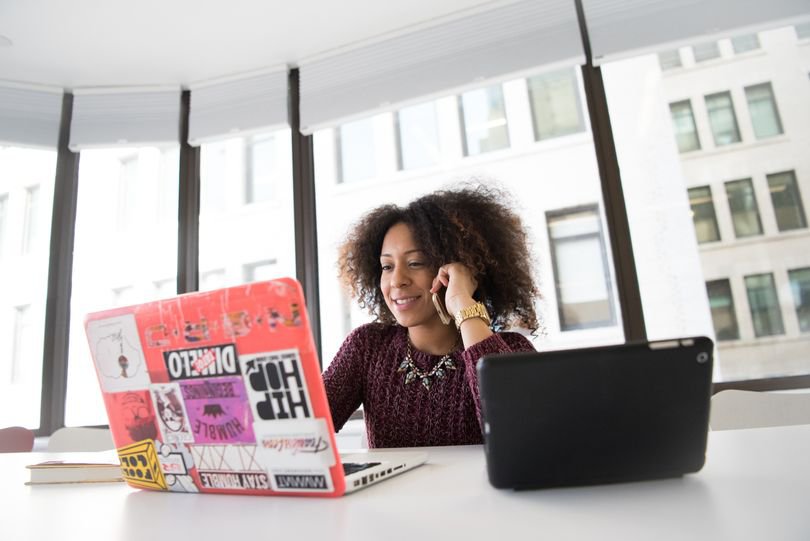A guide to conquering social awkwardness
It’s pretty common to feel socially awkward at times. Making conversation with strangers, trying to mingle, or going on a first date can all be really nerve-wracking! Learn how to keep your cool, make conversation, and be yourself when you’re out and about.
But even if your default mode is awkward, or you’re convinced you have a big problem with small talk there are ways to improve your social skills, keep your cool and be yourself when you’re out and about.
This can help if:
- you freak out a bit in social situations
- you cringe at the thought of meeting new people
- you are keen to make new friends and improve your social skills.
Happens to the best of us: We’re all a bit socially awkward sometimes
You’re in a room full of strangers. Your cheeks are turning red, your knees are week (palms are sweaty, mum’s spaghetti…) and you just can’t get the words out in the right order.
Don’t worry, you’re not alone! It’s not unusual to get awkward in social situations, even the people who appear to have their sh*t together are usually just more practised at pretending…
Keep calm and be yourself
The more you experience uncomfortable social situations, the more familiar you will become with the triggers that make you feel this way. Next time, instead of bailing in the opposite direction, put the following tips into action:
TIP: It’s not a performance
WHICH MEANS:It’s easy to fall into the trap of thinking that those around you are judging how ‘successful’ you are at socialising. They’re not, so you can stress less about the need to impress! Everyone socialises differently, and there’s no right or wrong way to go about it.
TIP: Don’t focus on what you aren’t
WHICH MEANS: Social awkwardness can be fuelled by feeling ‘less than’ compared to those around us. Wow, check out that guys’ new Reeboks! Woah, doesn’t she have amazing chat?
Instead of going toe-to-toe with others, focus on what you bring to the table. Each time you catch yourself comparing, pull out your phone and jot down one thing positive thing you like about yourself in the Notes section. Before long, you’ll have a list of all your best traits, a good reminder of what you have to offer.

TIP: Ask questions
WHICH MEANS: Deep down we’re all in love with the sound of own voices, so the best way to kickstart a convo in a social setting is by asking questions. Try all the classics: What’s your favourite Kanye album? Batman or Superman? Would you rather be covered in fur or covered in scales?
TIP: Big yourself up
WHICH MEANS:If your nerves are peaking before a hang, try saying to yourself: ‘I feel confident and comfortable.’ Self-talk can feel a little awkward (ironic, huh?) but it really works. In fact, some of the world’s top athletes, including LeBron James, are known to give themselves positive pump ups.
TIP: Safety in numbers
WHICH MEANS:You’re more likely to feel relaxed if there’s a familiar face close by. Call in a friend-favour and ask a mate to go with you the next time you think you might feel socially awkward.
TIP: Pay a compliment
WHICH MEANS: Next time you see someone wearing a cool T-shirt, let them know you like their style. Genuine compliments make people feel good and are a great icebreaker.
TIP: Clock your body language
WHICH MEANS: Be wary of the vibe you’re putting out there. Crossed arms and a scowl will send people the opposite way. Having open, relaxed body language makes everyone feel more comfortable. It also shows that you’re listening.
Plan into practice
When it comes to overcoming your social awkwardness, practice makes perfect. The more you chat, the less awkward AF moments you’ll have. If you want to flex your banter muscles a little before your next hang out, why not try logging on to a forum or chatting online while gaming?
What to do if you’re really struggling
Putting these tips into action takes practice, and it might take some time to feel comfortable in social situations.
If you’re having a really hard time and you often feel intense anxiety in social situations, there might be something else going on and you should chat to your GP or a mental health professional about it.